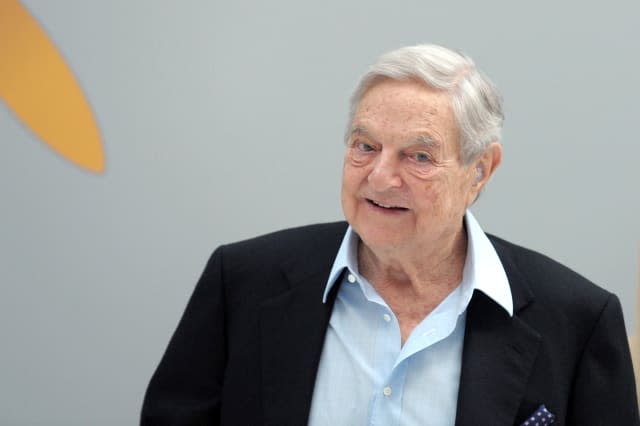The world's greatest investors: George Soros

George Soros, 85, is probably best known (in this country certainly) as "the man who broke the Bank of England". But he's far from being a one-trick pony. His vast fortune – estimated by Forbes at $24.5bn – makes him one of the most successful hedge-fund managers of all time. In 1969 he set up The Double Eagle fund with $4m in capital. It was folded into the Quantum Fund (set up with commodities investor Jim Rogers) four years later. Between 1973 and 2011, when it returned all money from outside investors, the fund returned an average of 20% a year.
So what's his style?
Soros is a "global macro" investor – he invests in a wide range of assets, particularly currencies and government bonds, based on his own macroeconomic predictions. Soros has his own theory – "reflexivity" – of how markets work, which he outlined in The Alchemy of Finance (1987). The basic idea is that markets are driven more by participants' behaviour than by reason, and that this irrationality tends to feed on itself.
What were his most memorable trades?
In September 1992 Soros made at least $1bn by shorting sterling. The pound was pegged to the deutschmark as part of the European Exchange Rate Mechanism (ERM). But Britain couldn't afford a strong currency, and Soros knew it. He bet against the Bank of England's efforts to prop sterling up, and in the end the peg broke, Britain exited ERM, and Soros won. He also made a big bet against the Thai baht, another pegged currency, just before the Asian financial crisis of 1997. It led to Soros being blamed by the Malaysian prime minister for triggering the entire crisis, but it was a very profitable trade.
Any blunders?
Soros invested heavily in Russian stocks (and government bonds) in the mid-1990s. The country fell into a deep recession in 1998, and eventually defaulted, causing the Russian market to plunge by 80%. According to Soros, it cost the fund $2bn – he admits that his desire to encourage democracy in Russia made him less objective about its prospects.
What can ordinary investors learn from Soros?
Most investors should avoid trading with borrowed money, one of Soros's secret weapons. But his strategy of trading only when highly confident of an outcome makes sense. Finding a sector where you have an "edge" seems to have worked for Soros and currencies. But his experience with Russia shows how vital it is for investors not to be blinded by political views.




